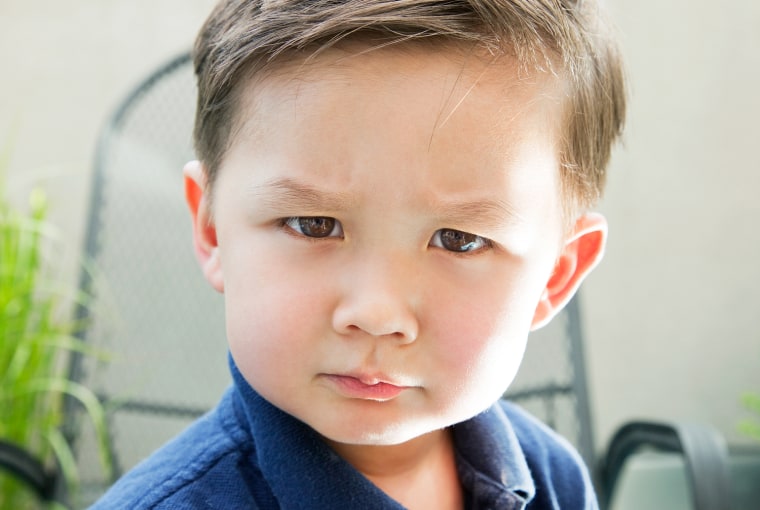The term “bully” is now being used to describe kids still in diapers.
“I was informed by my son's caregiver today that he has turned into a bully,” wrote A.H. on Mamapedia. Her little troublemaker’s age: 19 months. Another post, on Circle of Moms, discussed the proper etiquette for dealing with pre-K bullies on the playground.
It’s important that parents be aware of bullying – especially since technology now makes it possible for kids to terrorize each other 24/7. But is it really possible for a 3-year-old kid to be a bully?

Absolutely not, said Dr. Heather Wittenberg, a Maui-based child psychologist (and mother of four). Bullies hurt or intimidate people they view as weaker than themselves. A very young child “doesn’t have the cognitive capability to be intentionally cruel, or to abuse a power differential. You might as well ask them to do calculus,” she said.
Bullying involves planning, and complex thought. “Toddlers are just focused on putting one foot in front of the other,” said Wittenberg. The ability to discern right from wrong (much less how to systematically humiliate a peer) doesn’t really kick in until about age 6, she added.
Some experts disagree. Josh Mandel, director of the New York University Child Center, warned in an article on Babyzone that bullying behavior can begin at age 4. "At that age it can be mostly physical, but as children get older and better with language, that changes."
And the University of Michigan Health System’s page on child behavior problems says that “even toddlers can be ‘bulllies,’ or ‘bullied.’ In fact, aggressive behavior toward other kids may even peak around age two.”
Wittenberg still isn’t buying it. “They’re using the word ‘bully’ to sub for the word ‘aggressive.’ Two years old is typically a very aggressive time (for children).”
That doesn’t mean you should let your preschooler beat up his buddy at playgroup, though. Parents need to be there, at a watchful distance, helping kids navigate social situations. “You’re kind of like a translator at the U.N. here, helping warring factions to communicate,” said Wittenberg.
Though you may be tempted to swoop and scold, that’s really more for the benefit of the other parents who may have witnessed your diapered darling clock another kid. At this age, it’s best to kneel down and speak calmly, explaining in simple terms how to take turns, or share a toy.
What should a well-meaning parent do if a teacher or caregiver labels their child as a bully? “Any school that understands young children knows that young children will act out aggressively. They need teachers who will act to prevent it, and intervene when it happens, and act appropriately,” said Wittenberg.
“But if they start labeling a 2- or 3-year-old who bites as a bully … that’s a major misunderstanding of child development.”
What do you think? Can toddlers bully?